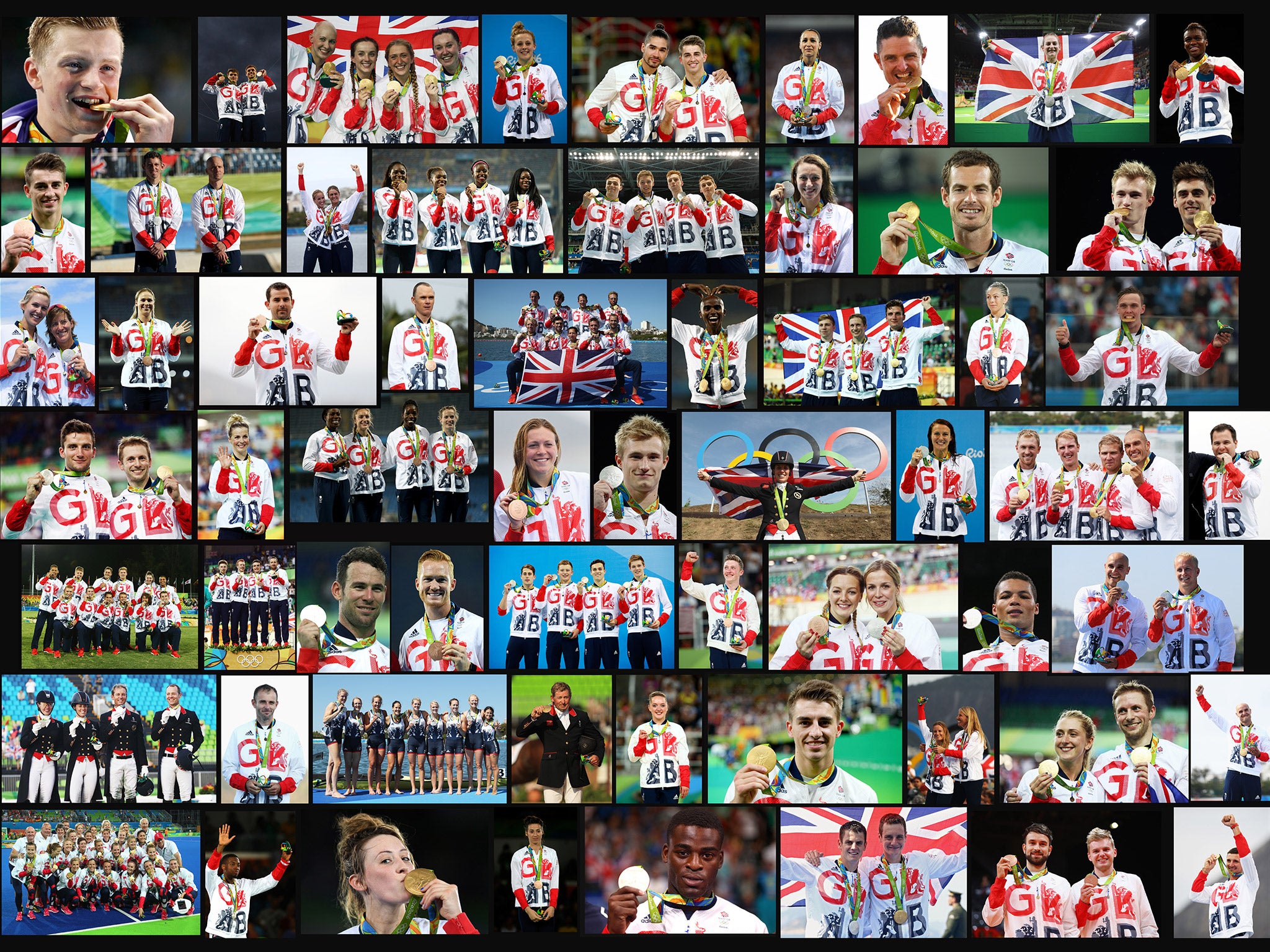Rio 2016: How much did each Team GB Olympic medal actually cost the UK taxpayer?
An economic debate has erupted over each medal at the Rio Olympics costing £4m, but how much has that actually cost you?

The feel-good factor of Britain’s success took little time to wear off after it emerged that each medal at the Games had cost £4.1m in funding over the past four years, but how much has that actually cost the average tax payer?
Britain secured a record medal haul in Rio, with their tally of 67 medals just surpassing the 65 claimed at London 2012. Not only was the 2016 Olympic Games the most successful overseas tournament in Team GB’s history, but it was their most successful ever to exceed all pre-Games expectations.
Yet an economical debate has been triggered after it emerged that each medal won in Rio – 27 golds, 23 silvers and 38 bronzes – came at a price of £4,096,500 in National Lottery and exchequer funding over the four-year Olympic cycle.
However, Sport Industry Research Centre have broken down that figure, and discovered that the success in Rio has cost each individual Briton just £1.09 per year in public funding. As Liz Nicholl, chief executive of UK Sport, explained on Sunday, “the funding is worth its weight in gold”.
Former Winter Olympics athlete Jamie Fox, who competed in both skiing and snowboarding disciplines for Great Britain before taking up a media role with British athletics, highlighted that the cost was less than what commuters pay for a single bus journey in London.
The increase in funding can be compared to have a direct impact on medal success at Olympic Games. When just £5m per year was invested into Olympic sports leading up to Atlanta 1996, Britain won just one gold medal and 15 overall to languish down in 36th place in the medal table, but as funding has increased with each Olympic cycle, so has Team GB’s final position.
Team GB will return to the United Kingdom to celebrate their success with a parade through the streets of Manchester, although a second celebration is already being planned for London four years after the 2012 Olympians revelled in their success at their home Games.
Having finished second in the Olympic medal table – behind the United States and finishing above Olympic rivals such as China, Russia and the United States – Britain are already looking to build on their success and are targeting even better results at Tokyo 2020, with funding plans already underway.
"It enables us to strategically plan for the next Games even before this one has started and makes sure we don't lose any time,” Nicholls added. “We can maintain the momentum of success for every athlete with medal potential through to the next Games."
Join our commenting forum
Join thought-provoking conversations, follow other Independent readers and see their replies
Comments
Bookmark popover
Removed from bookmarks